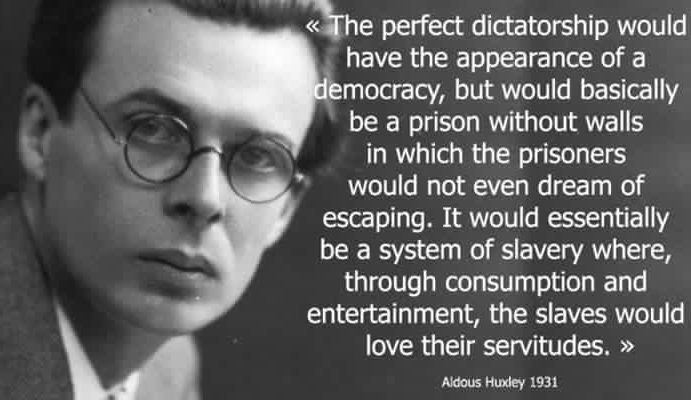In January 2015, in the depth of the financial crisis, with a Ruble at half what it had been months earlier and oil prices in a free-fall as a result of the September 2014 John Kerry-King Abdullah agreement, the Moscow Patriarchate reissued its idea.
Dmitri Lubomudrov, the Orthodox Church’s legal adviser told the media at that time, “We realized we couldn’t stay dependent on the Western financial system, but must develop our own. As with the Islamic system, the Orthodox one will be based not just on legislation, but on Orthodox morality as well, and will be an invitation to businessmen seeking security at a time of crisis.” Among its features would be interest-free credit issuance and prohibition of investment in gambling casinos or such activities going against Church moral values.
Then in early August this year the Orthodox plan for interest-free money creation gained a major added support. Sergei Katyrin, head of the Russian Chamber of Commerce and Industry, after meeting with Vsevolod Chaplin, the senior Orthodox cleric overseeing the project, announced, “The Chamber of Commerce and Industry supports the creation of the Orthodox Financial System… and is ready to provide its platform for detailed and professional discussion of these questions together with the relevant committees of the chamber.” The proposal is aimed at reducing Russia’s reliance on the Western banking system, an essential national economic security requirement.
Much as with Islamic banking models that ban usury, the Orthodox Financial System would not allow interest charges on loans. Participants of the system share risks, profits and losses. Speculative behavior is prohibited, as well as investments in gambling, drugs and other businesses that do not meet Orthodox Christian values. There would be a new low-risk bank or credit organization that controls all transactions, and investment funds or companies that source investors and mediate project financing. It would explicitly avoid operations with active financial risks. Priority would be ensuring financing of the real sector of the economy, its spokesman stated.
Interestingly, Russia’s largest Islamic autonomous republic, Tatarstan, recently introduced Islamic banking into Russia for the first time and it was supported positively by German Gref, CEO of the state-owned Sperbank, Russia’s largest bank. This May, Gref called it a very important instrument amid the current problems with raising funds on international markets. In July Sberbank and the Republic of Tatarstan signed an agreement on cooperation in the field of Islamic financing.
Under Czar Alexander III and his Finance Minister Nikolai Bunge, Russia established the Peasant Land Bank in the beginning of the 1880’s to give interest-free loans to the liberated peasantry that had been freed from serfdom in 1861 by his father, Alexander II and given land. The Land Bank invested in the modernization of Russian agriculture with farmers only paying a small handling charge for credits. The result was such a spectacular rise in Russian wheat, and other cereals that Russia became the world “bread basket” up to outbreak of World War I, exceeding the combined production of the USA, Argentina and Canada by some 25%.
End of quote.
Needless to say, it is not a model that will engender support from the global bankers, but it will be interesting to see where it goes, and if gets “legs”, it will add support to those who argue that Putin is not controlled by the globalists.

Recent Comments